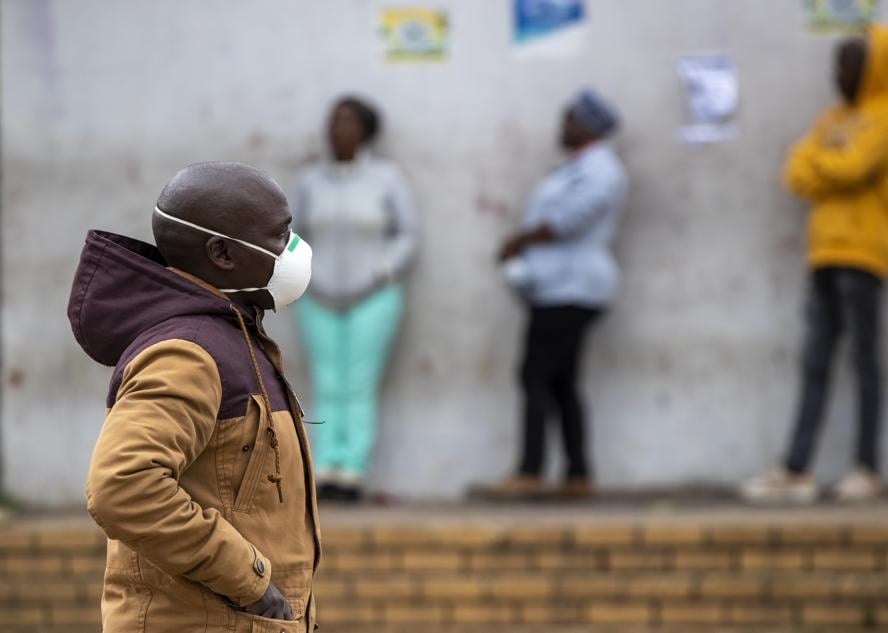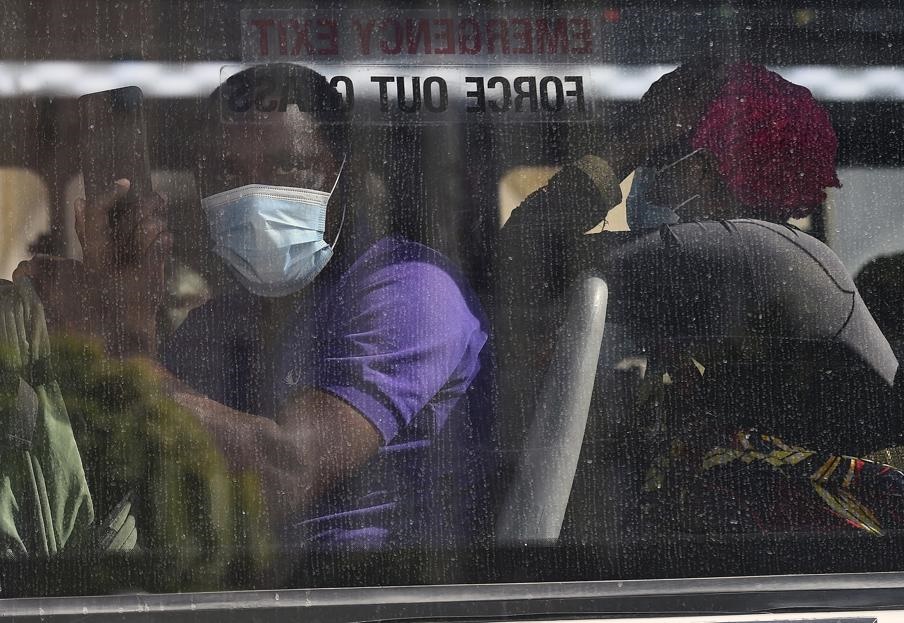
The present preoccupation with internal processes of dealing with the Covid-19 coronavirus by many countries of the world is indeed commendable.
Beside the fact that such approaches afford these countries opportunities to occasionally assess the extent to which their strategies and interventions are bearing fruit, they also enable each country to engage in the remedial measures that are within its means socially, politically and economically.
However, as Covid-19 continues to spread at the rate of wildfire, its rapaciousness quickly becoming an existential problem for every human being, it is also becoming apparent that, sooner rather than later, individual governments will regret adopting narrow, inward-looking strategies in dealing with this global virus.
Globalisation by its very nature peripheralises the usefulness of borders and physical divisions between countries. Covid-19 is a global challenge wreaking havoc in a globalised world.
Consider, for instance, the rapidity with which it spread from Wuhan in China to cover the rest of Asia, Europe, the Americas and Africa. It took the virus less than three months to register its presence in every corner of the world.
It is a virus that knows no class, race, gender or nationality. In a way, it is a great equaliser.
To this extent, the problem that will soon confront us is the realisation that as nations we responded to a global pandemic – occurring in a globalised world – in an idiosyncratic manner, which is not only incapable of stemming the tide, but also impotent in dealing with the reinfections that are likely to emerge after the first phase.
In other words, the “nationalised” response we have adopted as countries does not match up to the magnitude of the pandemic faced.
Take for example, the lack of synchrony of Southern African countries in announcing and adopting lockdown procedures, and what the procedures themselves should entail.
South Africa and Namibia effected their 21-day lockdowns on March 26, and these are up for reassessment on April 16. Zimbabwe’s 21-day lockdown began on March 30, scheduled to run until April 20.
Zambia only closed its borders, but still allows free movement within the country. Botswana’s 28-day long state of emergency and lockdown began on April 2.
While the Kingdom of Eswatini began its 20-day partial lockdown on March 27, the Democratic Republic of Congo has only announced lockdowns targeted at specific cities such as the capital, Kinshasa, which was locked down for only four days, and Lubumbashi, which was locked down for two days.
Mozambique, on the other hand, has just declared a state of emergency, which theoretically gives the president the right to decree a lockdown, but this has not been activated yet, apparently because the infection rate has not reached exponential rates.
Lesotho’s lockdown began on March 29 and is scheduled to end by April 21.
The countries cited here are all from the Southern African Development Community (SADC) region.
Most of them share borders. In the case of South Africa the country plays host to millions of citizens from its neighbours.
SADC should have played a more active coordinative role to ensure a high degree of alignment in the strategies and procedures of its members, more so because climatic and social conditions within the region are almost similar.
*Moyo is a researcher at the Mapungubwe Institute for Strategic Reflection




 Publications
Publications
 Partners
Partners










